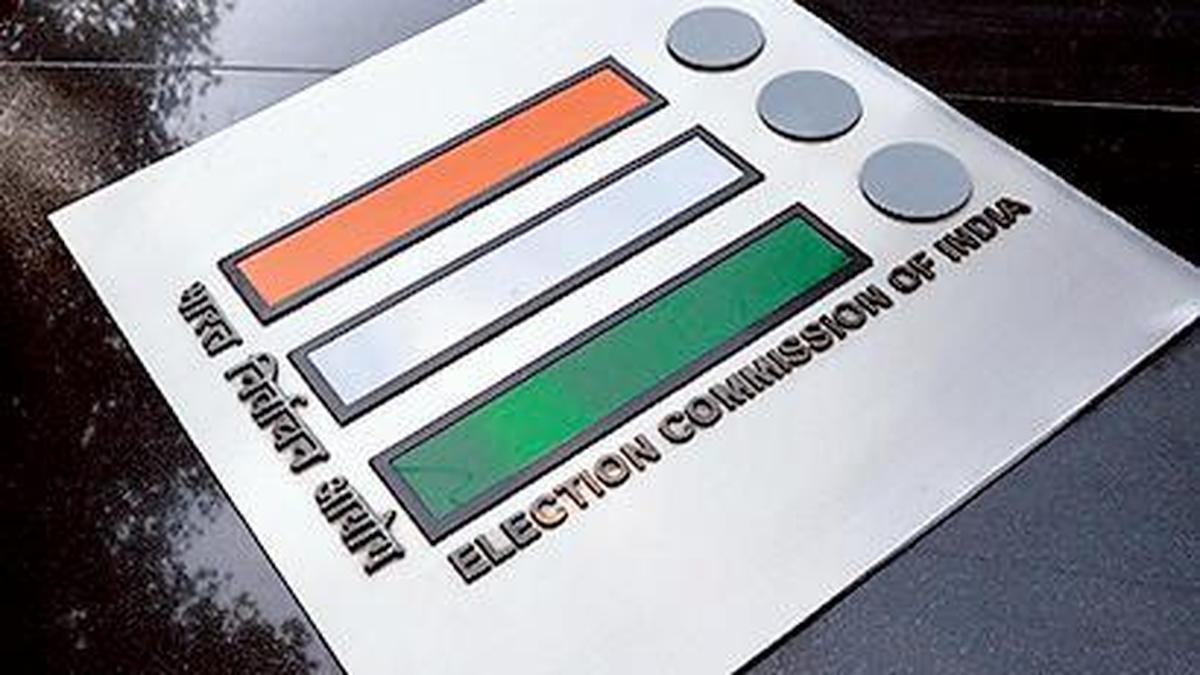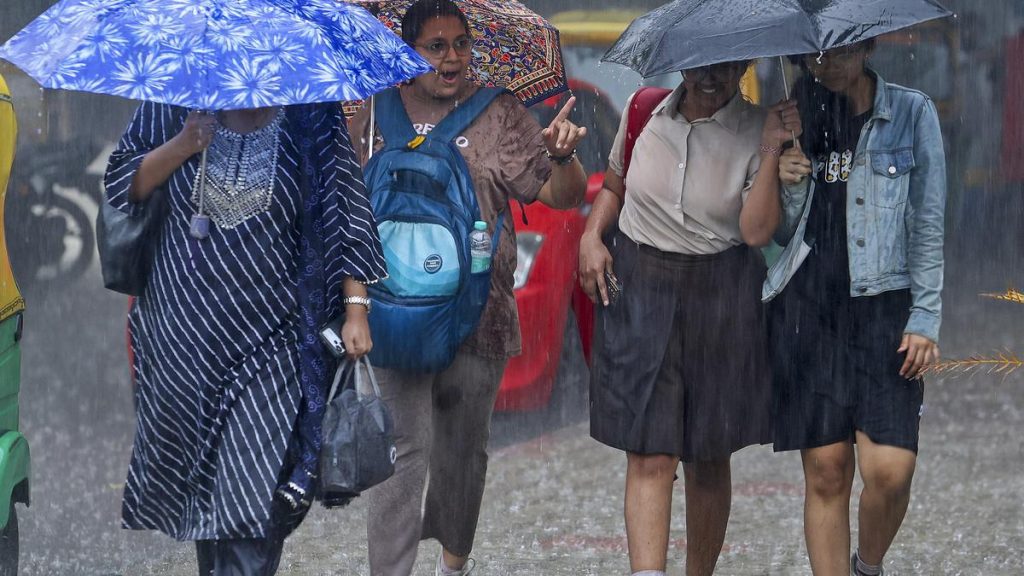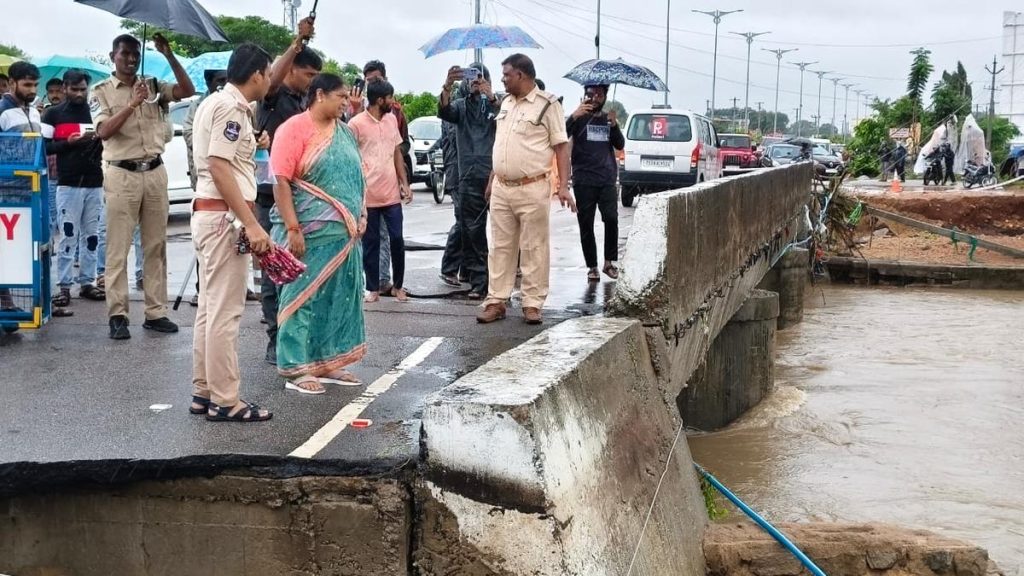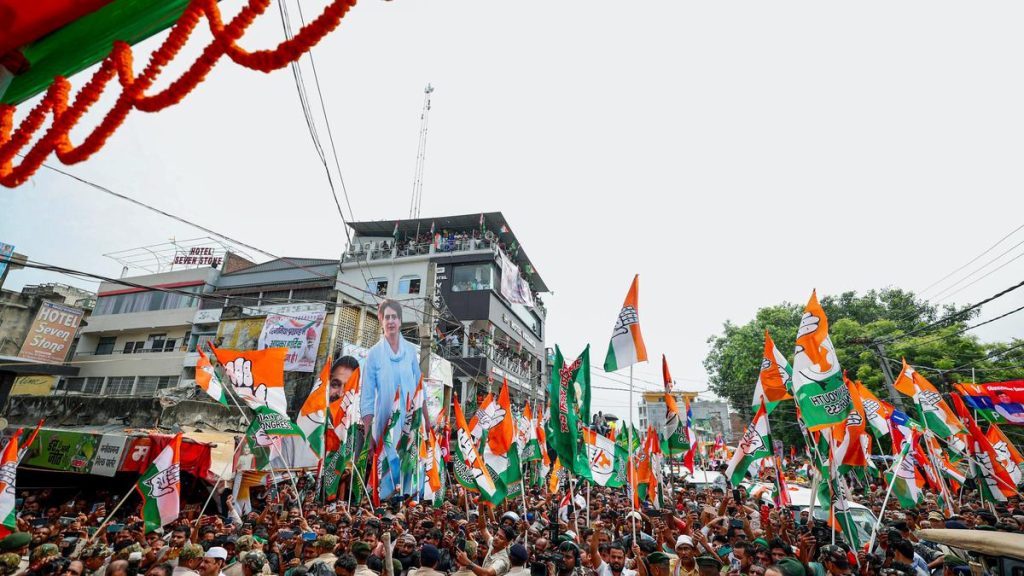Now Reading: Bihar Voter Roll: Majority of Documents Lack Birth Details
-
01
Bihar Voter Roll: Majority of Documents Lack Birth Details
Bihar Voter Roll: Majority of Documents Lack Birth Details

Fast Summary
- Teh Election Commission of India (EC) is conducting a Special Intensive Revision (SIR) in Bihar for revising the voters’ list ahead of upcoming elections.
- Out of 11 key documents required for inclusion in electoral rolls, at least five do not indicate applicants’ date or place of birth-mandatory criteria under EC rules.
- Excluded from the list are commonly used identification documents like aadhaar, Voter ID cards, and PAN cards despite their frequent use to obtain other requisite documentation such as domicile certificates.
- Some accepted documents like SC/ST certificates or Forest Rights Certificates lack information on birth specifics, while others like the NRC and Family Register are unavailable in Bihar.
- Local officials report that only 10% of applicants submitting forms furnished valid proof; many used applications for domicile certificates facilitated through Aadhaar to meet requirements.
- Congress leader Brajesh Munan estimates that around 25% could fail to furnish necessary documentation due to limitations and face deletion from voter rolls.
- Nearly 2.93 crore individuals are expected to submit these details, though voters already listed in revisions prior to 2003 (4.96 crore) are exempted as per EC guidelines.
Images included
!80/rjd.jpeg”>Image
!80/PTI06292025000233B.jpg”>Image
Indian Opinion Analysis
The ongoing voter revision exercise in Bihar highlights critical operational challenges related to documentation requirements. While aiming for precise eligibility validation during an electoral roll update, excluding widely-used identification proofs like Aadhaar raises issues about accessibility for marginalized populations who may depend on such documents more than others.
The reliance on certain certifications-many inaccessible within a reasonable timeframe or lacking essential information-and the absence of choice mechanisms could disenfranchise sections of legitimate voters. This is notably concerning given state-specific factors such as socio-economic barriers and local bureaucratic delays impacting document procurement.
On a broader level, this policy aligns wiht stringent verification objectives potentially tied to national security concerns but risks creating exclusionary obstacles unless accompanied by efficient delivery systems or interim solutions. Ensuring inclusivity without compromising procedural integrity will remain key as nearly three crore individuals work toward compliance amidst political sensitivities surrounding electoral changes.Read More
























